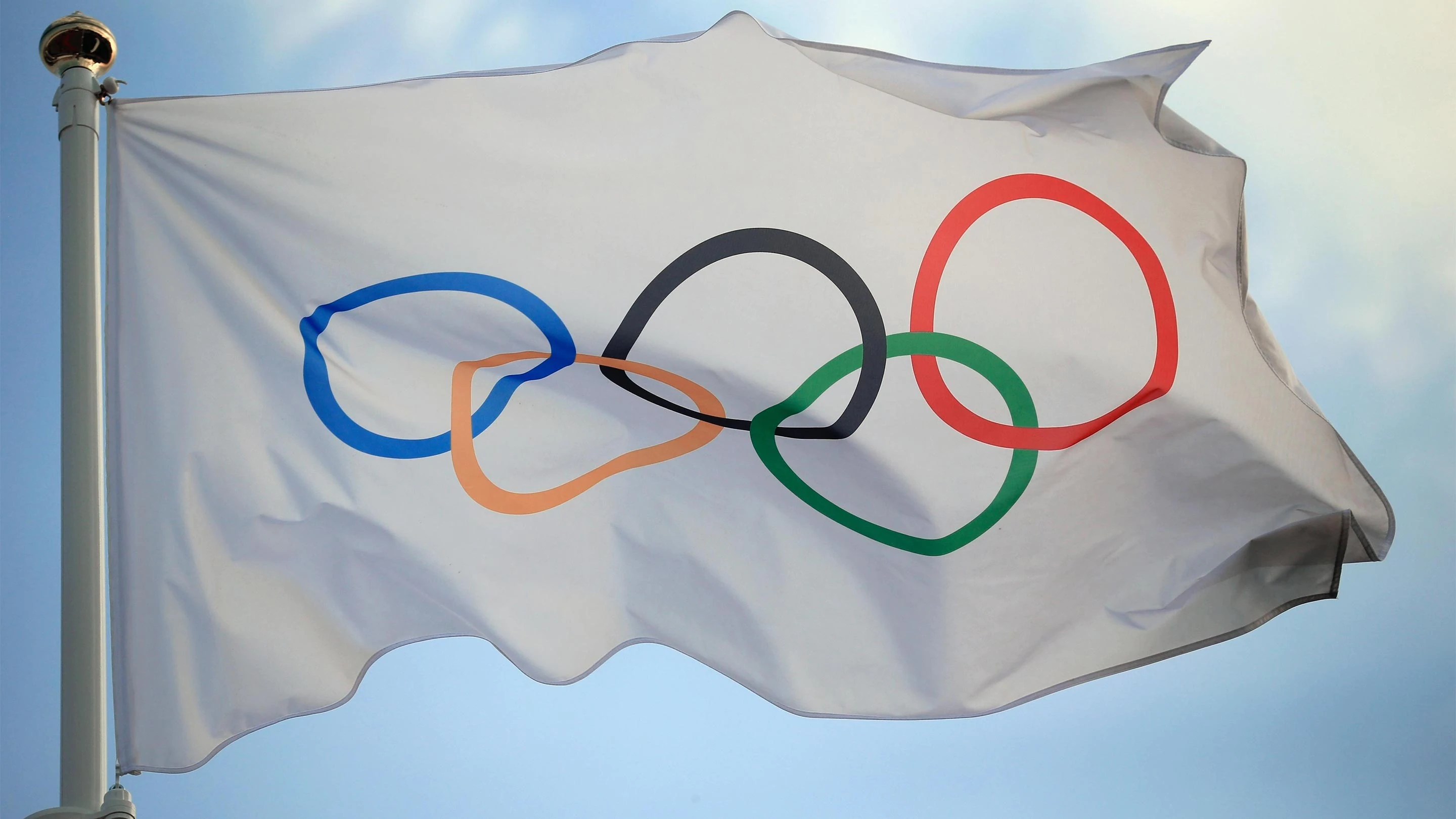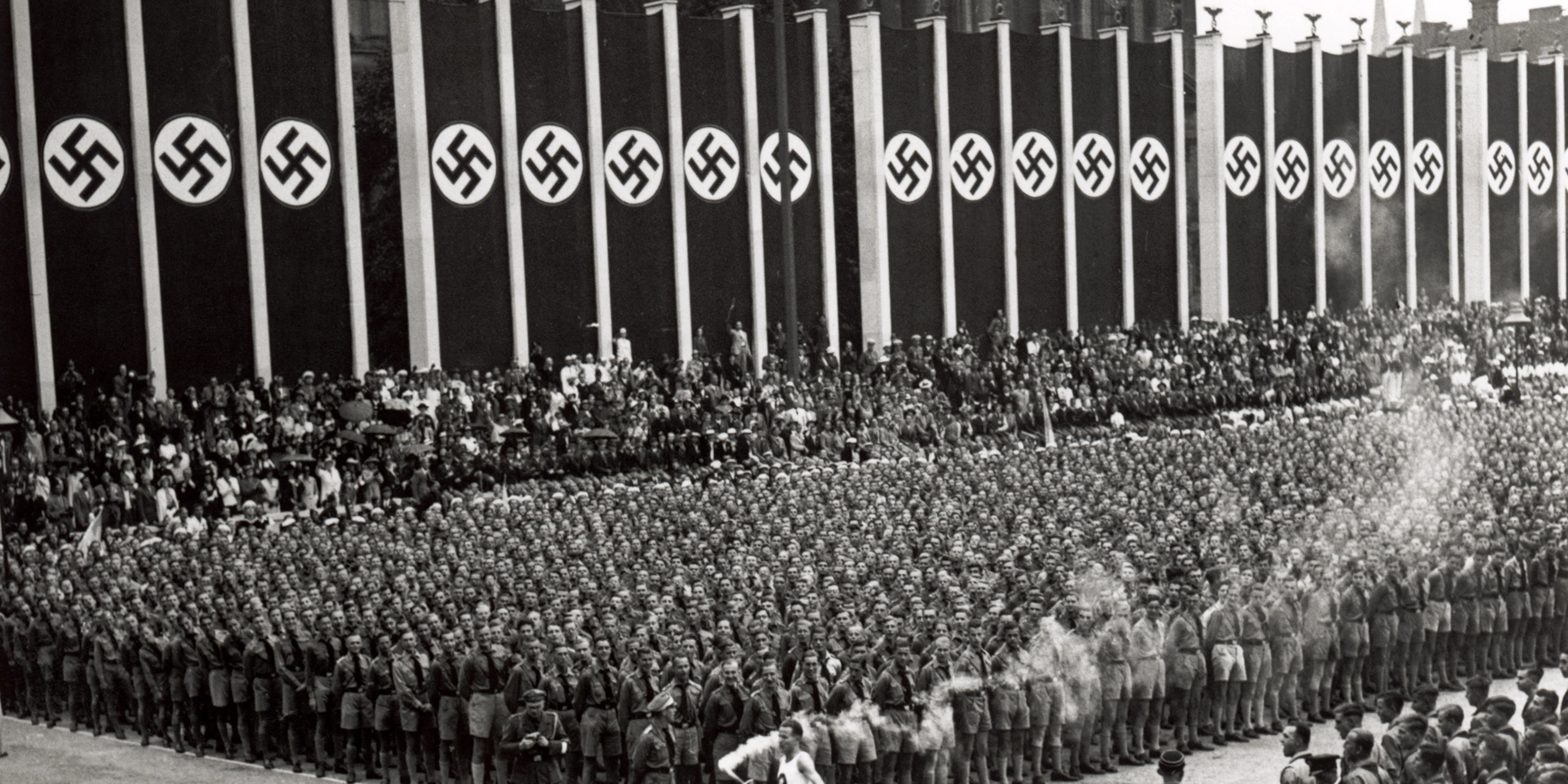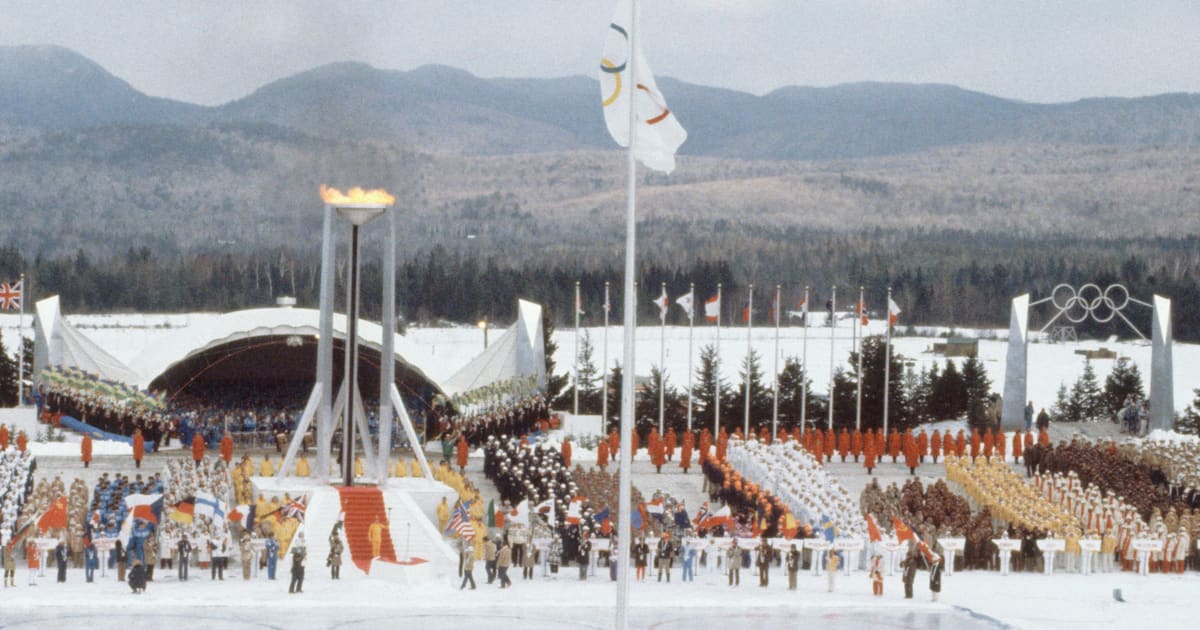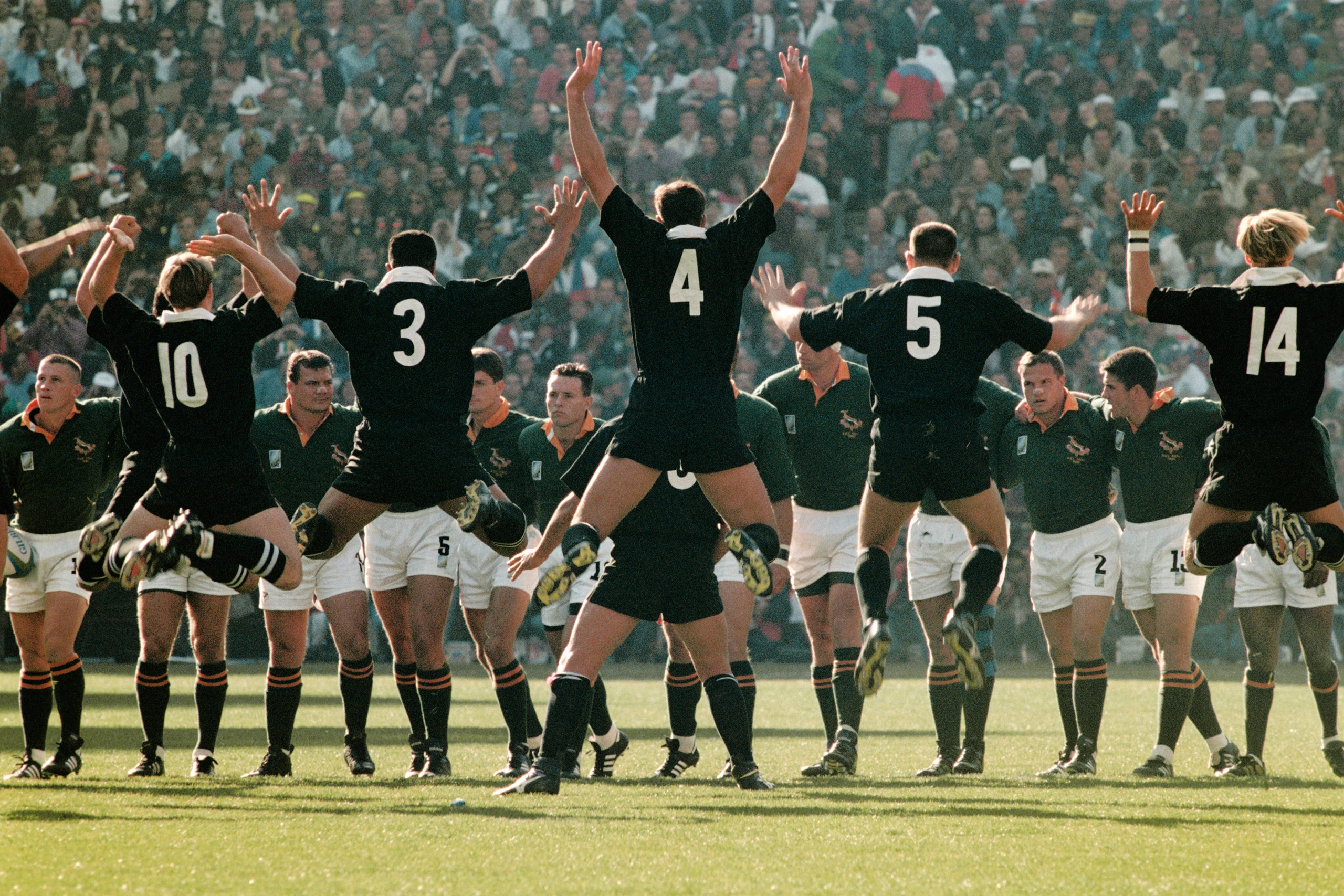The Intersection Of National Identity And Sports
Sports and national identity are closely intertwined, with sports often serving as a way to express and reinforce national pride and unity. This article explores the role of sports in shaping national identity, promoting diplomacy, and advocating for social change.
Author:Gabriel MartinezReviewer:Henrik SchmidtDec 11, 20221 Shares126 Views

Sports have long been intertwined with national identity, with international competitions often serving as a way for countries to demonstrate their strength and patriotism. From the Olympic Gamesto the World Cup, sporting events can create a sense of national pride and unity, with athletes becoming symbols of their country's values and achievements.
In this article, we will explore the intersection of national identityand sports, looking at how sports can both shape and reflect a country's identity.
Delve into how sports can be used as a force for good, positive change, and inclusive social justice. Read moreon the Washington Independent website.
Sports As A Reflection Of National Identity
Sports can serve as a reflection of a country's culture and values, with each sportcarrying its own significance and meaning. For example, soccer(or football, depending on where you're from) is often seen as a symbol of unity and national pride in Latin American countries, while baseball holds a similar status in the United States.
In many countries, certain sports are deeply rooted in the nation's history and identity, such as rugby in New Zealand or cricket in India.
Furthermore, sports can serve as a way for marginalized communities to assert their own identity and challenge dominant cultural narratives. In the United States, for example, the success of black athletes like Jackie Robinson and Muhammad Ali helped to break down racial barriers and challenge stereotypes about African American athletes.
Sports As A Tool For Nation-Building
Governments and political leaders have long recognized the power of sports as a tool for nation-building. Sports events can create a sense of unity and patriotism, as citizens rally behind their country's athletes and root for their national team. This sense of national pride can be harnessed by politicians to promote a particular vision of the country and its values.
For example, during the 1936 Berlin Olympics, Adolf Hitler used the games as a way to promote his vision of a superior Aryan race. Similarly, in the lead-up to the 2014 Sochi Winter Olympics, Russian President Vladimir Putin used the event to promote a sense of Russian nationalism and pride.
Sports And Diplomacy
Sports can also serve as a tool for diplomacy and international relations. Diplomatic visits and summits often include sports-related events, such as friendly matches or joint training sessions. Sports can also serve as a way to break down barriers between countries and promote cultural exchange.
One notable example of sports diplomacy was the 1971 "ping pong diplomacy" between the United States and China. Following a friendly table tennis match between the two countries, diplomatic relations were restored after years of tension and isolation.
The Dark Side Of Nationalism In Sports
While sports can promote a sense of national pride and unity, it can also lead to dangerous forms of nationalismand exclusion. Sports events can become hotbeds of political tension, with rivalries and animosity spilling over into violence and aggression.
For example, the footballhooliganism of the 1970s and 1980s in Europe led to widespread violence and destruction at matches, with nationalist and xenophobic sentiments playing a significant role. Similarly, in 2018, the World Cup match between Croatia and Serbia was marred by violence and nationalist chants, reflecting the ongoing tensions between the two countries.
Sports And The Formation Of National Identity
National identity is the sense of belonging and attachment to a particular country, culture, or people. Sports can play a significant role in shaping and reinforcing national identity, as athletes become symbols of their country's values and achievements.
For example, the Jamaican bobsled team at the 1988 Winter Olympics became a symbol of Jamaican pride and resilience, defying expectations and challenging stereotypes about who could compete in winter sports. Similarly, the United States' "Miracle on Ice" victory over the Soviet Union at the 1980 Winter Olympics became a symbol of American patriotism and Cold War-era tensions.
Sports can also reinforce national identity through the use of national symbols and anthems. For example, the playing of the national anthem before sporting events can create a sense of unity and patriotism among spectators.
Sports And The Marginalized
Sports can also serve as a way for marginalized communities to assert their own identity and challenge dominant cultural narratives. For example, the success of black athletes in the United States, such as Jackie Robinson and Muhammad Ali, helped to break down racial barriers and challenge stereotypes about African American athletes.
Similarly, the inclusion of women's sports in the Olympics and other international competitions has helped to challenge gender stereotypes and promote gender equality. However, there is still much work to be done to ensure that all athletes, regardless of their race, gender, or sexual orientation, have equal opportunities to participate and succeed in sports.
Role Of Sports In International Diplomacy
Moreover, sports can also bring people together and bridge cultural divides. For example, during the 1995 Rugby World Cup, hosted by South Africa, the South African team's victory became a symbol of hope and reconciliation in the country's post-apartheid era.
Similarly, sports diplomacy has been used as a way to promote international cooperation and understanding, with countries using sports events as a way to build relationships with other nations.
Sports diplomacy has been particularly effective in thawing relations between countries that have historically been at odds with each other. For example, in 2018, North and South Korea marched together under a unified flag at the Winter Olympics, signaling a rare moment of cooperation between the two countries.
In 1971, the Chinese table tennis team's visit to the United States, known as "ping-pong diplomacy," helped to open up diplomatic channels between the two countries.
The Power Of Sports For Social Change
Sports can also be used as a tool for social change, particularly when it comes to promoting social justice and human rights. Athletes have often used their platforms to bring attention to issues such as racism, sexism, and inequality.
For example, in 1968, at the Mexico City Olympics, American athletes Tommie Smith and John Carlos raised their fists in a Black Power salute during the medal ceremony for the 200m race, to protest against racial discrimination and inequality. Similarly, in recent years, athletes such as Colin Kaepernick and Megan Rapinoe have used their platform to bring attention to police brutality and LGBTQ+ rights.
Sports can also be used as a way to empower marginalized communities and promote social inclusion. For example, in Brazil, the Street Child World Cup uses soccerto bring attention to the issue of child homelessness, and to provide a platform for street children to advocate for their rights.
People Also Ask
How Do Sports Relate To Identity?
Sports can play a significant role in shaping and reinforcing individual and collective identity. Athletes often become symbols of their country or community, and their accomplishments can contribute to a sense of pride and belonging. Sports can also provide opportunities for individuals to express and explore their own identity, whether through the choice of a favorite team or sport, or through the physical and mental challenges of competition.
What Are Examples Of National Identity?
Examples of national identity include a sense of shared history, culture, language, and traditions that distinguish one country from another. National identity can be expressed through symbols such as flags, anthems, and monuments, as well as through the shared experiences and values of a particular community.
What Does Identity Mean In Sports?
In sports, identity refers to the way in which an individual or group is defined and understood within the context of a particular sport or athletic community. This can include factors such as skill level, physical attributes, personal style, and cultural background. Identity can play a significant role in an athlete's experience of the sport, influencing their sense of belonging, motivation, and performance.
Conclusion
In conclusion, sports can play a powerful role in shaping national identity, promoting diplomacy and international cooperation, and bringing attention to social justice issues.
However, it is important to recognize the complexities and potential pitfalls of the intersection of sports and politics, and to ensure that sports are used as a force for good and positive change. By promoting inclusivity, equality, and respect, we can create a sporting world that reflects the best of humanity.
Jump to
Sports As A Reflection Of National Identity
Sports As A Tool For Nation-Building
Sports And Diplomacy
The Dark Side Of Nationalism In Sports
Sports And The Formation Of National Identity
Sports And The Marginalized
Role Of Sports In International Diplomacy
The Power Of Sports For Social Change
People Also Ask
Conclusion

Gabriel Martinez
Author
Gabriel Martinez is a respected author at Tennessee Independent, renowned for his expertise in covering News and Sports topics. With a comprehensive understanding of current events and a knack for delivering accurate and engaging content, Gabriel provides readers with insightful analysis and compelling narratives. His dedication to factual accuracy and commitment to delivering authoritative content make him a trusted source for news and sports enthusiasts on Tennessee Independent.

Henrik Schmidt
Reviewer
Henrik Schmidt is a dedicated writer focusing on sports, betting, and various entertainment aspects related to the sporting world. With a passion for exploring the intersections of sports and entertainment, Henrik brings a unique perspective to his articles. His expertise in these areas ensures that readers receive informative and engaging content, making him a valuable contributor to the sporting community.
Latest Articles
Popular Articles


